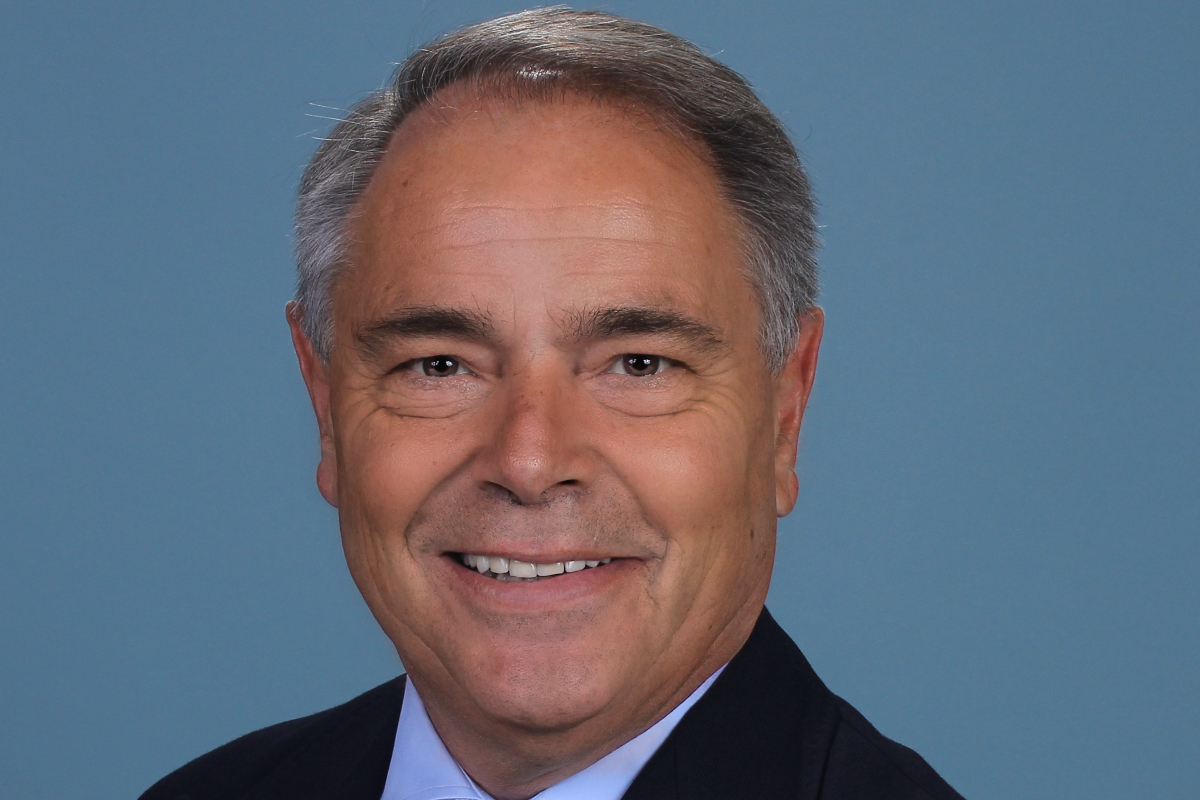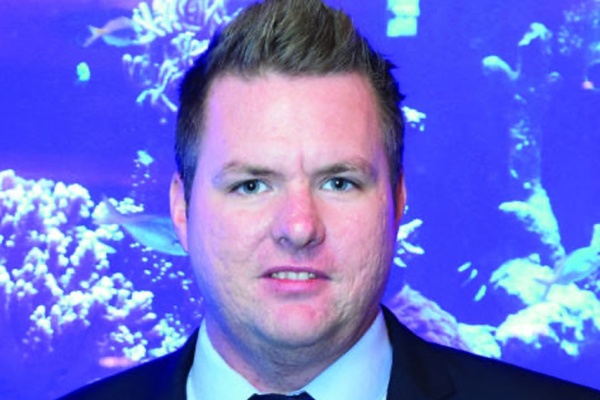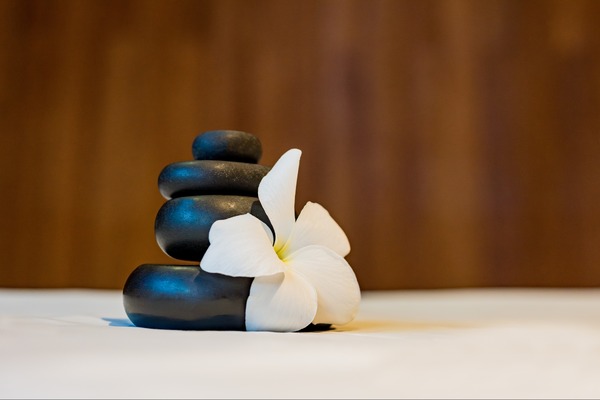Luxury hospitality guru's tips on customer satisfaction
Filip Boyen, luxury hospitality consultant, senior advisor for Corinthia Hotels and global ambassador for Forbes Travel Guide, reveals how to earn customer trust.
Inspiring trust is not about appearances; it’s about what you do and how you treat people. In hospitality, our job is pretty simple: make the people who come through the door a little bit happier when they leave than when they arrived. Here are six of my top ways to inspire trust, to ensure customers have a reason to return.
Create emotional connections
So much of what we value at Forbes concerns the emotional type of service - how clients are made to feel. In hospitality, for instance, it’s not about bringing the coffee in two minutes; it’s about how the coffee is served. Is there eye contact, is there interaction, is there a relationship established with the customer?
Service should feel genuine, natural and spontaneous. Counterintuitively, these are skills that can be taught. Staff need to have confidence, which comes from treating them with the same respect and dignity that you treat your guests. Once your employees feel valued and empowered they begin creating memorable moments for everyone.
Engender trust
When online travel agents took off, everyone said traditional travel advisors would be gone in two years. But they’re getting stronger and stronger because their clients trust them.
A whopping 74% of high-net-worth individuals book their trips through travel advisors. Why? They want to talk to somebody who can speak intelligently, has specialist knowledge on a destination and creates a value proposition. If something goes wrong, they’re on call 24/7 and they will fix it.
Valerie Wilson, who is one of the world’s iconic travel advisors, would call me direct when I was general manager of the Bora Bora Lagoon Resort. She would tell me a client’s preferences and ask me to write a welcome card on her behalf.
She knew her client would get special treatment, including being greeted by me in person when they arrived; the high-net-worth guest will always prefer receiving personal attention from the GM over the usual welcome amenities.
Another time Valerie phoned me to say her client had a problem with his bathtub. The client never had to go to reception because he trusted Valerie to sort it out.
Keep data safe
Customers trust that their personal and financial data is being taken care of. But is that actually happening? Assured cybersecurity in hotels, for instance, is not a subject we hear about very much because it is only publicly traded companies that must disclose information when something goes wrong.
Managers often tell me that cybersecurity is their IT department’s responsibility. A lot don’t understand the risks. But believe me, if something does go wrong, you’re going to pay more for repairing reputation damage and reimbursing your clients than you would have for paid for cybersecurity.
…But find out as much as you can about your customers
At the same time as guarding private information, you need to find out about your customers’ interests to deliver an experience that wows them.
One of the most popular training courses we do at Forbes is called Golden Nuggets. We teach staff how to have conversations with guests to extract information without them feeling like they’re being interrogated.
I recently stayed at the Four Seasons in Dubai and the pastry chef had crafted a book for me from white chocolate.
One page was a picture of Bora Bora, another was of Peru, where I spent seven years as managing director of hotels and trains for Orient-Express. There was another page relating to my days as CEO of Small Luxury Hotels of the World and the front was me on the (chocolate) cover of Forbes magazine.
The GM told me his guest relations department searches online and then works with the pastry chef to create these personalised and memorable moments. That’s impressive!
Keep It local
I used to get any third-party personnel in my hotels trained to the same level as employees because if a guest paid a lot of money for experiences organised by a third party and something went wrong, it was the hotel’s responsibility. In the wider industry you should ensure the suppliers you work with share your standards and values.
Think also about sustainability. Twenty years ago, we tried to get guests to spend every penny within a property. Now they want to experience the destination. A lot of clients now ask not only what properties are doing to protect the environment but also what they’re doing to support local communities. They want to feel good about their stay.
Loyalty points
True loyalty can only be earned, not bought. Take the recent rises in room rates, especially in resorts. Clients are starting to object, to feel ripped off. For rich people, it’s not about the money – they question where the value proposition lies. That’s how many became rich in the first place!
When I speak to GMs, I tell them to be careful. They might have short-term gains but what happens to the clients who have been loyal for years? It’s difficult to regain trust if you overstep the line.
I once stayed at Raffles Istanbul and in my bathroom, I found a handwritten card from the butler that read: ‘Dear Mr Boyen, while I was unpacking your luggage, I noticed your toothpaste was running low, so I took the liberty of replacing it with the same brand.’
What did that cost the hotel? Five minutes to write the card and $5 for the toothpaste. It was such a thoughtful and gracious touch, the butler knew he was empowered to do that, and it created an emotional connection with me. Needless to say, I know which hotel I will chose when I’m next in Istanbul!
Adapted from an article originally written for Fox Quarterly, the luxury sector ezine by travel and lifestyle PR agency, Fox Communications.















